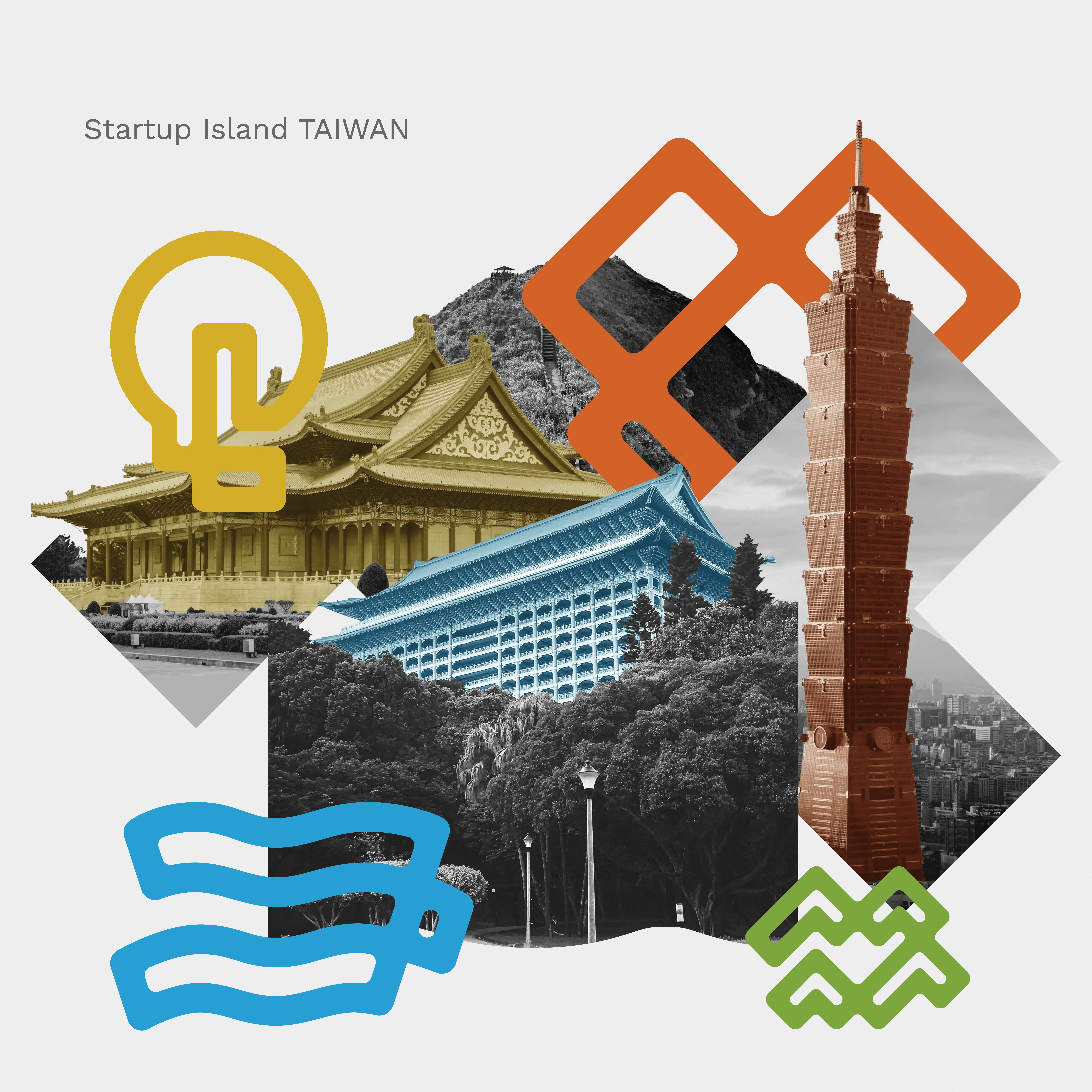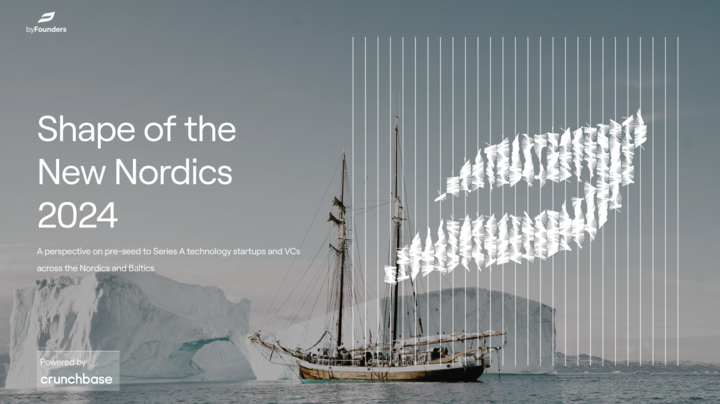Crunchbase and East-West Digital News are teaming up to cover key tech and venture trends from Russia, Ukraine and Belarus. This column by EWDN Chief Editor Adrien Henni highlights the most notable industry facts and trends in the third quarter of this year (the previous column is availablehere).
More than with tech innovations, Russia made the news this past summer by staging a merciless war against political dissent and engaging in a power struggle with U.S. digital giants in the run-up to its September parliamentary elections.
The authorities forced Apple and Google to disable Russian users’ access to a pro-opposition app called “Smart Voting.” The pressure was exerted via unprecedented means–from a court marshal visit to Google’s Moscow office, to prosecution threats reportedly targeting local employees of the two U.S.-based companies.
In addition, Google (which is held responsible for YouTube videos) and Facebook could receive record fines for not removing prohibited content. These fines could range from 1/20 to 1/10 of the yearly revenue generated by these companies in Russia–potentially, more than $10 million.
The summer was also marked by developments of two legal matters involving prominent figures of the Russian tech scene. In August, U.S. citizen Michael Calvey and his French and Russian colleagues were found guilty of embezzlement by a Moscow court. Calvey is the founder of Baring Vostok Capital Partners, one of the most established Russian private equity firms, which has invested in some of Russia’s best tech companies since the early 2000s. Following his arrest in February 2019, detention and then house arrest, Calvey denied the charges and appealed his conviction–while his fund continues to invest in Russia and beyond.
In September, the arrest of Ilya Sachkov, the founder and CEO of a leading cybersecurity company, sent a new chill through the IT and business community. The “state treason” charges are reportedly denied by Sachkov, while his arrest is subject to a variety of interpretations.
Eastern European startups turned global unicorns
While Russia continued its slide into authoritarianism, the past few months saw tech companies born in this and neighboring countries achieve impressive results on the international scene. Some new, and soon to be, unicorns were added to the list of top global players with roots in the region.
Here are the most notable moves in Q3 2021 involving companies originating from Russia, Belarus and Ukraine:
- Flo, a period and fertility tracking app founded in Belarus, claimed an $800 million valuation as it raised $50 million from top international investors.
- GitLab, launched in Kiev, Ukraine, 10 years ago, now headquartered in San Francisco, landed on the Nasdaq at an $11 billion valuation.
- InDriver, a ride-hailing app founded in Siberia in 2012, now headquartered in California, revealed its $1.23 billion valuation as it secured $150 million earlier this year from leading North American funds.
- OCSiAl, the Russian-founded global graphene nanotube leader, inked an investment and business cooperation agreement with Japan’s Daikin, reaching a $2 billion valuation. The company also announced plans to raise up to $800 million on a Western exchange through a SPAC merger.
- Nexters, one of the most successful Russian-founded game development companies, went public on the Nasdaq through a SPAC merger at a $1.9 billion valuation.
- Document management startupPandaDocbecame the world’s first unicorn in exile, closing a large Series C round after fleeing its home country Belarus amid waves of harsh political repression.
- People.ai, another San Francisco-based startup with Ukrainian roots, announced a $100 million Series D funding round, reaching a $1.1 billion post-money valuation.
- Russian software giant Softline, now headquartered in London, continued its buying spree–from the Baltic states, to Belarus, to Egypt–and confirmed plans for a dual listing on the London and Moscow exchanges.
On the heels of its Ukrainian-American peers, RevenueGrid completed a $20 million Series A round. Previously known as InvisibleCRM, this sales automation software publisher carries out all its R&D in Ukraine while 25 employees work in its Mountain View, California, office.
In the field of delivery, Russian teams continued raising funds and launching businesses in Western cities. Jiffy, a 10-month old startup, raised $28 million to roll out its super-fast food delivery service in the U.K. Crowdsourced courier service Borzo (formerly Dostavista) secured a $35 million Series C round involving a bevy of major international funds. Meanwhile, Yandex kicked off its express grocery delivery service in Paris, after launching in Tel Aviv and London in October.
The third quarter of this year also saw the emergence of two internationally oriented Russian-founded femtech startups. Amma Pregnancy Tracker, a mobile application which already claims 10 million users across the world, received $2 million from top Russian investors, while women’s e-learning platform Academy of Change landed $3.3 million to start its international expansion.
A smaller, but noteworthy deal involved a Ukrainian-founded NFT startup called Blocksport, whose mobile apps are intended for teams to find and attract sponsors, sell merchandise or collect data about their fans. Registered in Zug, Switzerland, this young company raised $900,000 partly from Chinese, U.S. and Swiss VCs, and partly from token sales.
These are just examples of deals involving founders or companies born in Eastern Europe but operating internationally. According to recent research by Moscow-based VC firm Leta Capital, there are more than 17,000 active Russian-speaking and Eastern European IT entrepreneurs and startups in the U.K., Europe and U.S. Several venture funds emerged in the last couple of years to target these startups specifically.
“One of the trends of this year is the ‘export’ of technologies and business models tested in Russia to new geographies–from the USA, to Western Europe, to Latin America, to Asia. Thus, Russian entrepreneurs contribute to the accelerated transformation of several industry segments at the global level,” said Alexey Solovyov, a figure of the Russian venture scene.
Domestic deals
On the region’s tiny domestic venture scene, Q3 2021 was marked by few large deals, and even fewer involving foreign investors.
In Russia:
- Mail.ru Group, the LSE-listed internet major, injected $60 million into its subsidiary AliExpress Russia, which it co-owns with Alibaba Group and other shareholders.
- Online education company GetCoursesecured $50 million from Baring Vostok, Winter Capital (a Moscow-based international fund backed, in particular, by billionaire Vladimir Potanin) and Goldman Sachs.
- Aviasales.ru, a leading search engine for flights and hotel bookings, attracted $43 million from Elbrus Capital and iTech Capital, two PE/VC firms with Russian roots.
- Perfobur, a Moscow-based solution provider for wells completion and stimulation, closed a $9.3 million Series B round.
- Baring Vostok also invested $6 million into a Moscow-based high-tech travel booking platform calledLevel Travel.
- Dutch and Greek investors injected $5 million into Russian startup Agro.Club to support its international expansion plans.
- Wowworks, a Russian maintenance service marketplace, which operates in several European countries, received $3.6 million to pursue its international expansion.
- Welldone’s $1.5 million round was one of the very first investments in Russia’s burgeoning artificial meat startup scene.
In a potential acquisition perspective, HelloFresh, the global meal kit delivery giant, invested several million euros in its Russian counterpart Chefmarket.ru.
Sweden’s Embracer Group fully acquiredBytex, a quality assurance studio focusing on games and B2B web portals, which employs some 240 people in Saransk.
My.Games Venture Capital (MGVC), the investment arm of Mail.ru Group’s subsidiary My.Games, announced minority investments in three game studios: Tworogue Games and VOX, based in Moscow, and WideView Games from Minsk, Belarus. MGVC put $3 million in total on the table for these deals, which include options to purchase control stakes at a later stage.
My.Games purchased a majority stake in Mamboo Games, another Belarusian studio, nearly one year after a minority investment.
Meanwhile in Ukraine, notable Q3 deals included a $500,000 capital injection into cloud platform Onlizer; a cumulated $325,000 raised by Datrics, a no-code platform for analytics and machine learning, from local investors and Y Combinator; and the acquisition of online payment major Portmone by Kazakhstani Kaspi Pay.
Eastern European investors in the global game
The vibrant community of Russian, or Russia-connected VCs investing globally–including Almaz Capital, Fort Ross, RTP Global, Runa Capital and many more–continues to grow. Several new funds emerged in Q3 2021, including:
- A $100 million fund created by Russian mobile major MTS to invest in AI startups globally–the first one being California’s Edge AI chipmaker Kneron;
- Another AI fund of the same size targeting Europe and Israel, affiliated with the AI Cluster of Siberia’s “science city” Akademgorodok;
- A $100 million fund announced by The Untitled to help Eastern European startups move to Western jurisdictions;
- A smaller vehicle under plans with a similar target from private investment boutique GetVision; and
- A gamestudio and co-investment vehicle, dubbed “NPU Games,” launched by GreenGrey. This mobile Russian-founded publisher of mobile games and apps also invested $2.5 million in Infusion Games, a game developer founded by Russians in Estonia.
Ukrainians are also in the global VC game, as witnessed by the following deals:
- TA Ventures and its affiliate angel investor club ICLUB led a $2.4 million round for Belarusian video editing startup Vochi;
- CIG Group acquired a stake in Israel’s next-gen battery maker StoreDot; and
- Genesis–backed Estonian edtech startup 99math in a $1 million funding round.
Adrien Henni is the chief editor at East-West Digital News (EWDN.COM, UADN.NET), an international news and consulting agency dedicated to tech innovation in Eastern Europe. With nearly 20 years of experience in the high-tech and venture businesses, he advises a variety of startups, investors and other organizations. He is a regular contributor to industry publications and speaks at conferences in Western and Eastern Europe, Asia and America. Contact Henni at editor@ewdn.com.
.svg)







